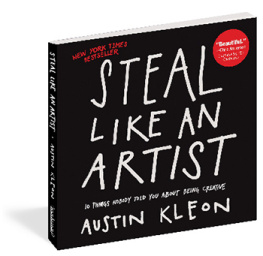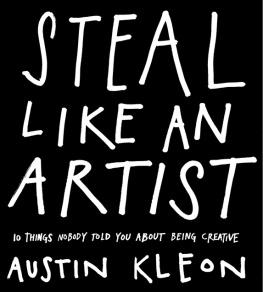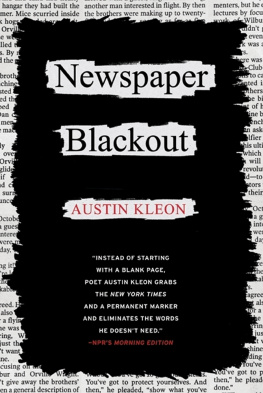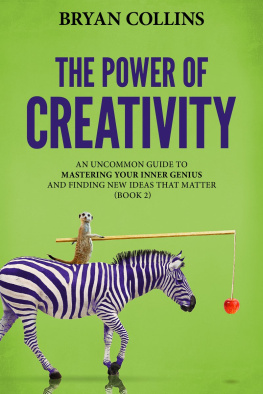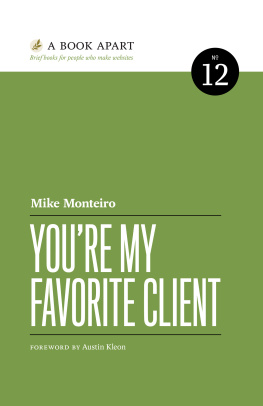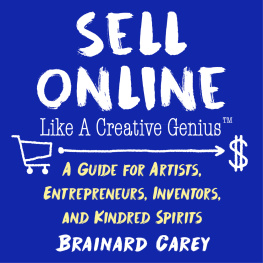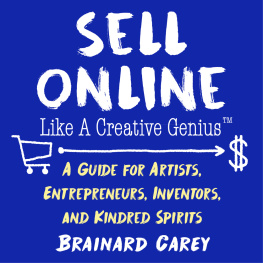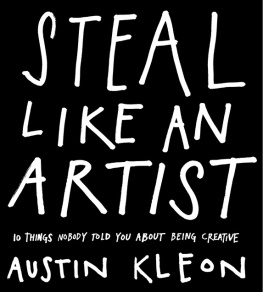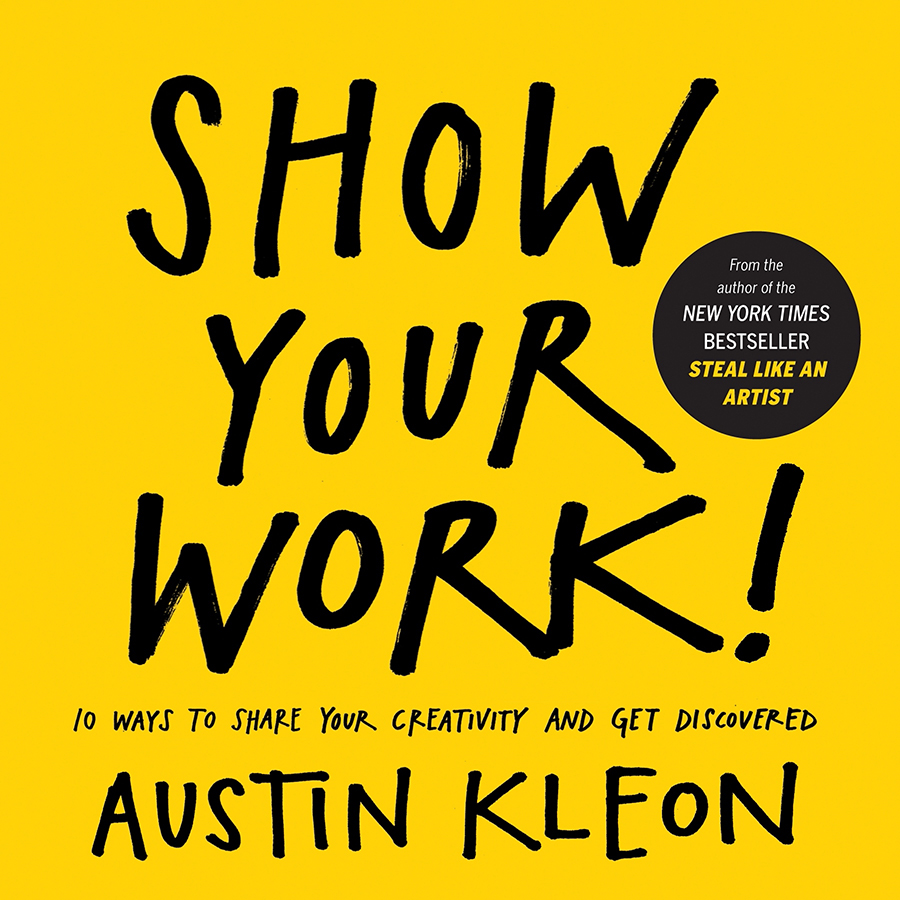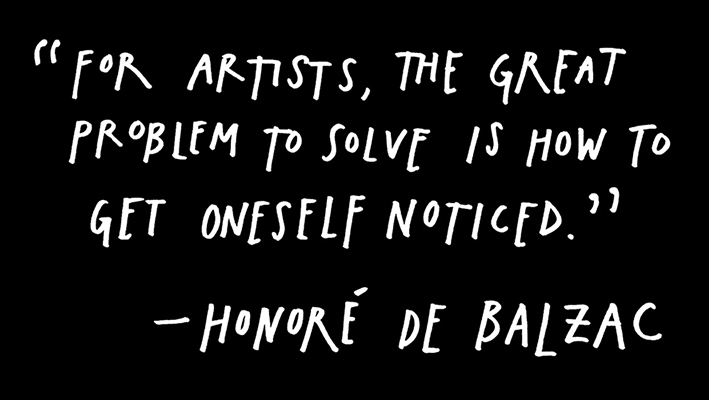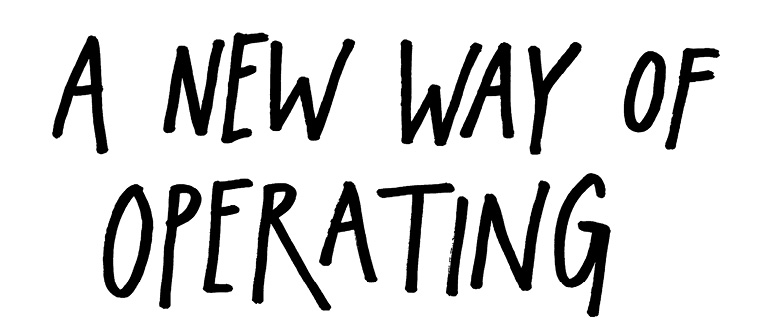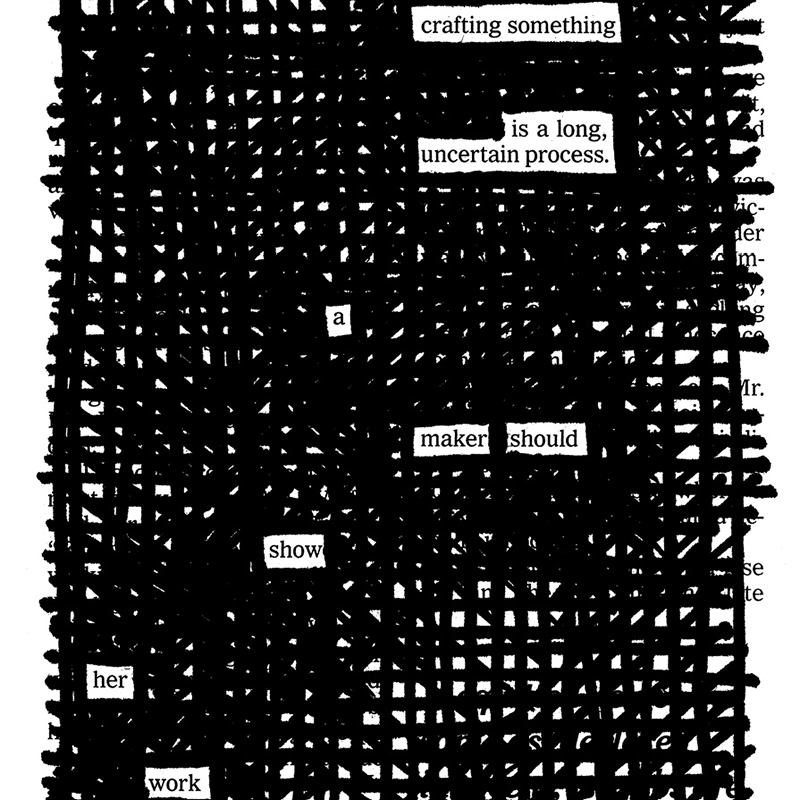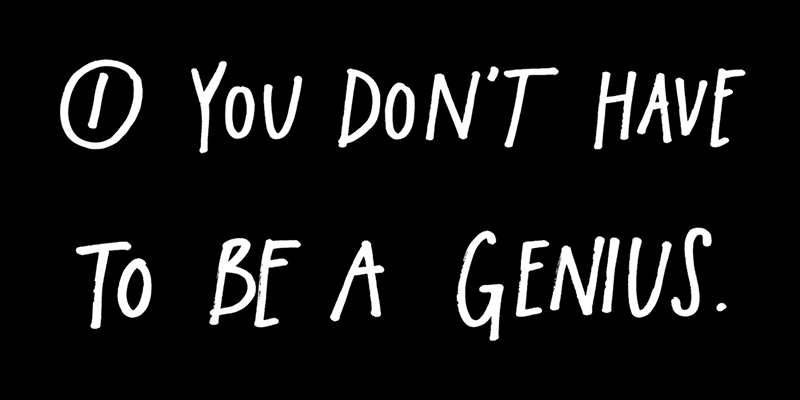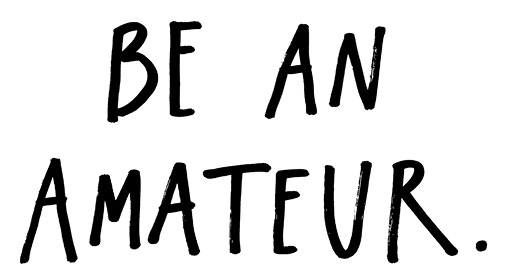Show Your Work!
10 Ways to Share Your Creativity and Get Discovered
Austin Kleon
Workman Publishing Company New York
For Meghan
Contents
Creativity is not a talent. It is a way of operating.
John Cleese
When I have the privilege of talking to my readers, the most common questions they ask me are about self-promotion. How do I get my stuff out there? How do I get noticed? How do I find an audience? How did you do it?
I hate talking about self-promotion. Comedian Steve Martin famously dodges these questions with the advice, Be so good they cant ignore you. If you just focus on getting really good, Martin says, people will come to you. I happen to agree: You dont really find an audience for your work; they find you. But its not enough to be good. In order to be found, you have to be findable. I think theres an easy way of putting your work out there and making it discoverable while youre focused on getting really good at what you do.
Almost all of the people I look up to and try to steal from today, regardless of their profession, have built sharing into their routine. These people arent schmoozing at cocktail parties; theyre too busy for that. Theyre cranking away in their studios, their laboratories, or their cubicles, but instead of maintaining absolute secrecy and hoarding their work, theyre open about what theyre working on, and theyre consistently posting bits and pieces of their work, their ideas, and what theyre learning online. Instead of wasting their time networking, theyre taking advantage of the network. By generously sharing their ideas and their knowledge, they often gain an audience that they can then leverage when they need itfor fellowship, feedback, or patronage.
I wanted to create a kind of beginners manual for this way of operating, so heres what I came up with: a book for people who hate the very idea of self-promotion. An alternative, if you will, to self-promotion. Im going to try to teach you how to think about your work as a never-ending process, how to share your process in a way that attracts people who might be interested in what you do, and how to deal with the ups and downs of putting yourself and your work out in the world. If was a book about stealing influence from other people, this book is about how to influence others by letting them steal from you.
Imagine if your next boss didnt have to read your rsum because he already reads your blog. Imagine being a student and getting your first gig based on a school project you posted online. Imagine losing your job but having a social network of people familiar with your work and ready to help you find a new one. Imagine turning a side project or a hobby into your profession because you had a following that could support you.
Or imagine something simpler and just as satisfying: spending the majority of your time, energy, and attention practicing a craft, learning a trade, or running a business, while also allowing for the possibility that your work might attract a group of people who share your interests.
All you have to do is show your work.
Give what you have. To someone, it may be better than you dare to think.
Henry Wadsworth Longfellow
There are a lot of destructive myths about creativity, but one of the most dangerous is the lone genius myth: An individual with superhuman talents appears out of nowhere at certain points in history, free of influences or precedent, with a direct connection to God or The Muse. When inspiration comes, it strikes like a lightning bolt, a lightbulb switches on in his head, and then he spends the rest of his time toiling away in his studio, shaping this idea into a finished masterpiece that he releases into the world to great fanfare. If you believe in the lone genius myth, creativity is an antisocial act, performed by only a few great figuresmostly dead men with names like Mozart, Einstein, or Picasso. The rest of us are left to stand around and gawk in awe at their achievements.
Theres a healthier way of thinking about creativity that the musician Brian Eno refers to as scenius. Under this model, great ideas are often birthed by a group of creative individualsartists, curators, thinkers, theorists, and other tastemakerswho make up an ecology of talent. If you look back closely at history, many of the people who we think of as lone geniuses were actually part of a whole scene of people who were supporting each other, looking at each others work, copying from each other, stealing ideas, and contributing ideas. Scenius doesnt take away from the achievements of those great individuals; it just acknowledges that good work isnt created in a vacuum, and that creativity is always, in some sense, a collaboration, the result of a mind connected to other minds.
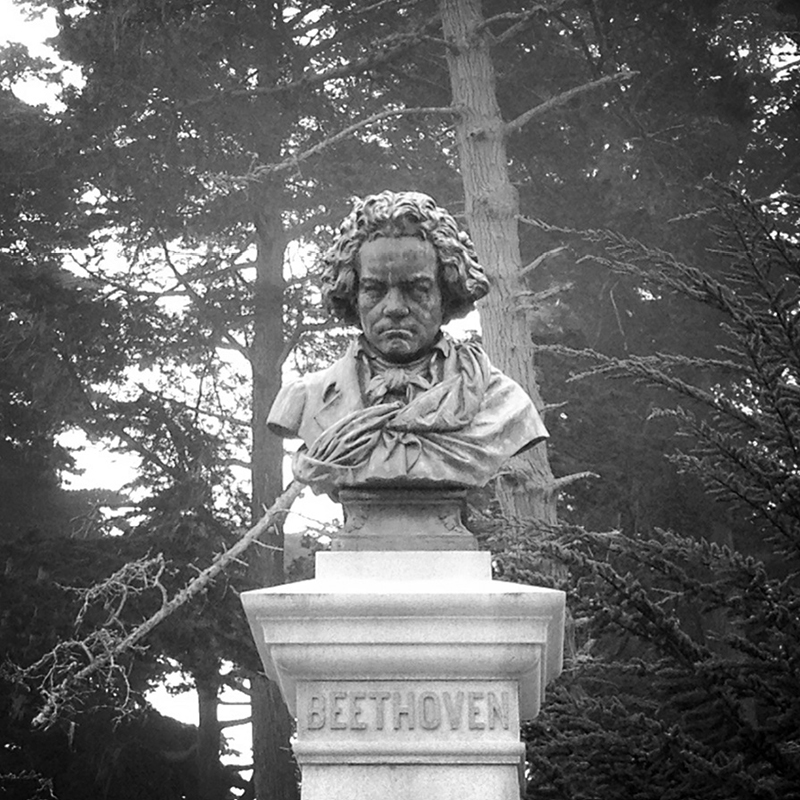
What I love about the idea of scenius is that it makes room in the story of creativity for the rest of us: the people who dont consider ourselves geniuses. Being a valuable part of a scenius is not necessarily about how smart or talented you are, but about what you have to contributethe ideas you share, the quality of the connections you make, and the conversations you start. If we forget about genius and think more about how we can nurture and contribute to a scenius, we can adjust our own expectations and the expectations of the worlds we want to accept us. We can stop asking what others can do for us, and start asking what we can do for others.
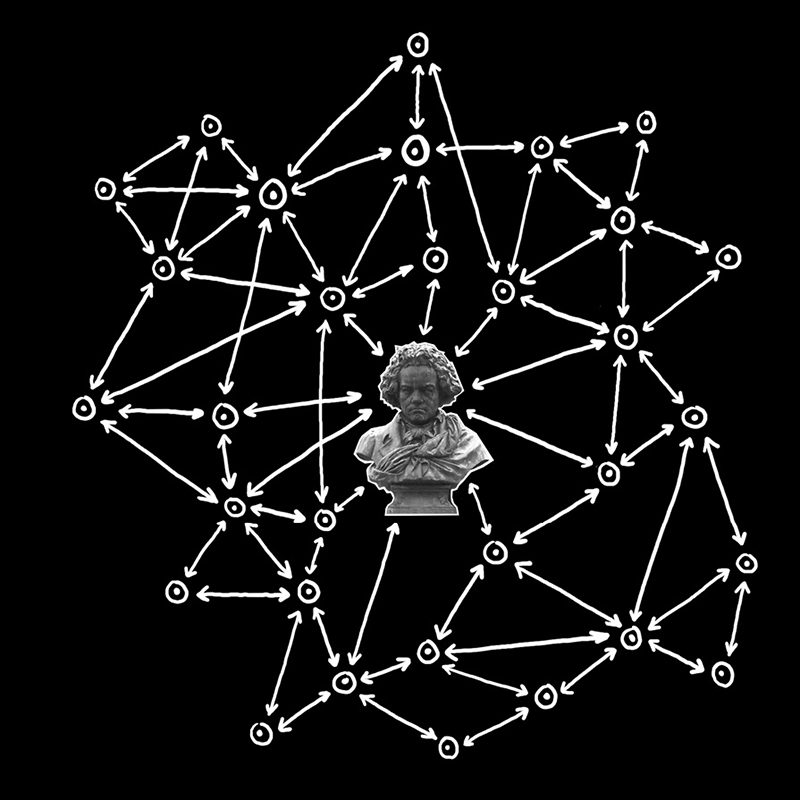
We live in an age where its easier than ever to join a scenius. The Internet is basically a bunch of sceniuses connected together, divorced from physical geography. Blogs, social media sites, email groups, discussion boards, forumstheyre all the same thing: virtual scenes where people go to hang out and talk about the things they care about. Theres no bouncer, no gatekeeper, and no barrier to entering these scenes: You dont have to be rich, you dont have to be famous, and you dont have to have a fancy rsum or a degree from an expensive school. Online, everyonethe artist and the curator, the master and the apprentice, the expert and the amateurhas the ability to contribute something.

